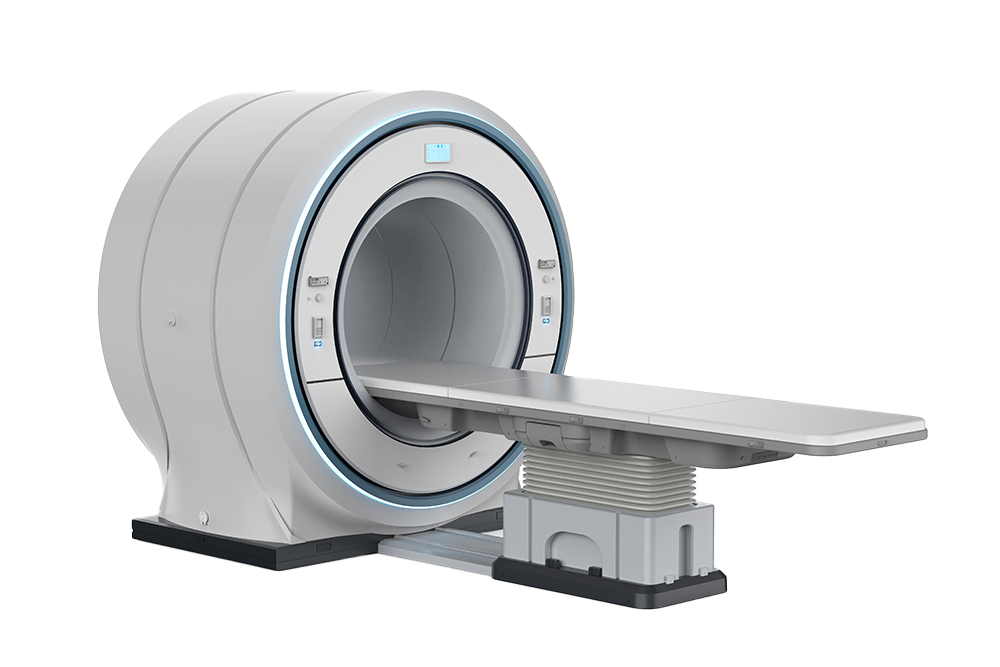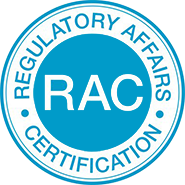About Lori
Lori Carr, RAC (US), CQA (ASQ), RABQSA
President and CEO of Lori A. Carr, Inc., is a Principal Consultant in the Medical Device regulated industry.
Lori has more than 30 years experience in the medical device industry. She was a Medical Device Specialist FDA Investigator in both the Cincinnati and Denver District Offices of FDA. She conducted international and domestic inspections of medical device facilities (including Bioresearch) and trained FDA Investigators in conducting medical device inspections.
As an FDA regulatory compliance consultant, Lori has performed numerous quality assurance audits for medical device companies and clinical sponsors. She has created and implemented Quality Management Systems and provided guidance on quality, regulatory, and compliance issues throughout the world. Her clients include companies that have received FDA Warning Letters, are under FDA injunction or have had product seized by FDA, or are seeking FDA approval/clearance for marketing their products in the United States.

Medical Device Specialist
In her capacity as a Medical Device Specialist, she conducted numerous domestic and international inspections to ensure compliance with applicable FDA regulations including routine GMP, Pre-market (PMA), 510(k), and directed inspections from the Center of Devices and Radiological Health (CDRH) while working in both the FDA Denver and Cincinnati District Offices.
Lori earned a Bachelor’s Degree in Chemistry from Xavier University and was a 2005 graduate of the federal government’s Office of Personnel Management Leadership Development Class.
In 2010, Lori obtained the U.S. Regulatory Affairs Certification (RAC) from the Regulatory Affairs Professionals Society (RAPS) and the Certified Quality Auditor (CQA) certification from the American Society for Quality (ASQ). In 2014, Lori obtained the ISO 13485:2003 Principal Auditor Certification from Exemplar Global (RABQSA), with an update to ISO13485:2016.
In 2018, Lori added the MDSAP (Medical Device Single Audit Program) and EUMDR Certifications to her repertoire of auditing competencies.
FDA Medical Device Regulations…
Get It Right the First Time

Medical Device Services
We assess the current state of FDA Medical Device Compliance of your manufacturing and established Quality System with respect to the Federal Regulations.

Special Services
We are available to assist clients with special projects that require expert experience.

Training
Based on our extensive training experience in the FDA Medical Device space, we are available to assist clients with training opportunities.
Ask us about your projects
If you would like to contact us about helping with your current Quality/Regulatory project, please complete the form below.
Step in the Right FDA Direction
Quality System Assessment
FDA and Quality Activities
Compliance Remediation
Latest News
-
Heart disease risks higher for women with uterine fibroids
Uterine Fibroids Linked To Women’s Heart Disease Risk: An analysis of data from more than 2.6 million women, published in the Journal of the American Heart Association, associated uterine fibroids with an 81% higher risk of heart disease over 10 years. Women younger than age 40 had the highest risk. Researchers said from 20% to 80% of women could develop fibroids by age 50.
-
Ban the fake tan?
For decades, dreary winters have sent people running to the tanning salon to get that summery golden glow. In the United States (U.S.) alone, estimates suggest 30 million people get bronzed each year. However, tanning beds are also potent carcinogens, since their intense doses of Ultraviolet (UV) rays can penetrate skin cells and cause DNA mutations. Now, scientists have determined just how dangerous tanning salons can be.
-
FDA clears Lumosity brain training games as a prescription application for adult ADHD (Attention – Deficit/Hyperactivity Disorder)
Lumos Labs has obtained a clearance from the FDA for its popular Lumosity brain training platform, greenlighting a version of it to be marketed as a prescription digital therapeutic for adults with Attention – Deficit/Hyperactivity Disorder (ADHD) for the first time.
-
FDA approves 1st nondrug, at-home treatment for depression
The United States Food and Drug Administration (FDA) has approved its first at-home, nondrug therapy for depression, with a wearable brain stimulation headset developed by Flow Neuroscience (Flow).
-
8-Year-Old Has Disease So Rare It Doesn’t Have a Name. Now, he is the First in the World to Receive Treatment. Amber Freed’s son Maxwell made history in September 2025 when he received treatment for “SLC6A1” thanks to her tireless work and a team of dedicated scientists.
A parent’s determination leads to rare disease treatment for her son: Maxwell Freed, an 8-year-old with the extremely rare neurodevelopmental disorder known as “SLC6A1”, has become the first person in the world to receive a treatment for it, thanks to his mother, Amber Freed, who spent years fundraising and pushing Scientists and Regulators to move the research forward. While a repurposed FDA-approved drug helped buy time early on, her advocacy helped drive the creation and testing of a new gene therapy that received FDA approval in June 2025. Maxwell received the one-time treatment in September 2025 and is now in rehabilitation and showing signs of progress.
-
A dozen former FDA commissioners blast Prasad’s proposed vaccine policy changes
Drastic overhauls of U.S. vaccine regulations proposed by top United States (US) Food and Drug Administration (FDA) official Vinay Prasad, M.D., have drawn harsh pushback from 12 former commissioners of the Agency.





